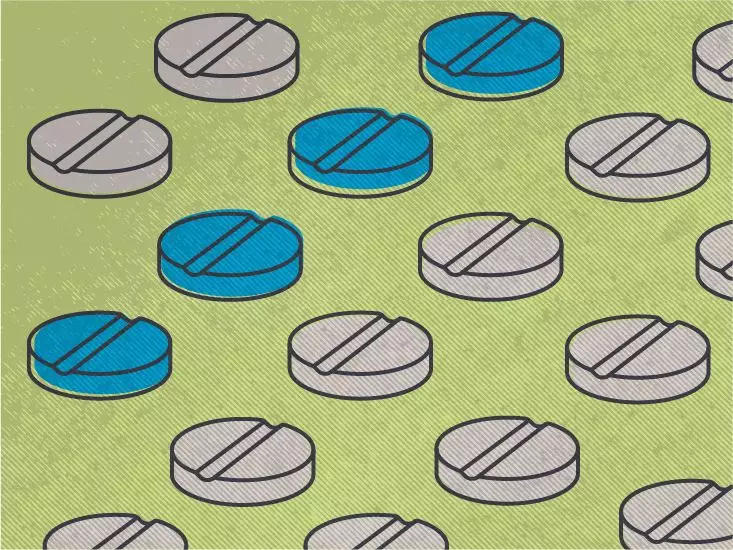Trazodone is a fundamental medication in the management of depression, often prescribed due to its efficacy as an antidepressant. Despite its widespread use, understanding the financial implications and accessibility of trazodone can be quite complex. This article aims to dissect various aspects of trazodone, including its cost differences with insurance, ways to save, and additional procurement options for patients who may find themselves financially burdened.
As a generic medication, trazodone is distinct in that it does not have a branded counterpart. Generics, including trazodone, are typically less expensive alternatives to their branded versions because they do not carry the original research and development costs that brand-name drugs do. However, the actual price of trazodone can fluctuate based on several contributing factors. These include the type of insurance you possess, the specific pharmacy utilized, and whether any savings programs are applicable.
When considering the purchase of trazodone, it’s crucial to gather information on the costs that might arise. This includes not only the price of the medication itself but also the expenses associated with healthcare provider consultations, which are essential for obtaining prescriptions. Due to the myriad variables at play, it’s advisable to communicate with your healthcare provider, pharmacist, or insurance agent to accurately gauge what your eventual out-of-pocket costs will be.
For individuals without insurance or those seeking to minimize expenses, resources like Optum Perks coupons present substantial savings opportunities. Utilizing such coupons at pharmacies can yield reductions of up to 80% on trazodone prescriptions. These coupons, which do not expire, can be especially beneficial for refills and long-term management of depression with trazodone. It is imperative, however, to understand that these coupons cannot be coupled with insurance benefits or co-pays, so they are particularly useful for those who are uninsured or looking for additional savings.
Furthermore, exploring options such as mail-order pharmacies may offer a way to receive medication discreetly and conveniently, often at a lower cost. Many insurance policies allow for a 90-day supply of medication via mail-order services, which not only enhances convenience but can also streamline the overall cost associated with medication refills.
The interaction of insurance coverage and medication costs is another critical aspect when assessing expenditures related to trazodone. Patients with insurance may still find themselves responsible for substantial costs depending on their specific policy benefits. For instance, many insurance plans require a prior authorization process for coverage of trazodone, meaning that both the healthcare provider and the insurance company must agree on the necessity of this medication before costs are covered. Failure to secure prior approval can result in patients bearing the full cost of the medication, which can become burdensome.
To avoid unexpected expenses, individuals should proactively communicate with their insurance representative about the drug coverage specifics related to trazodone. Not only should they inquire about prior authorization requirements, but they should also assess their overall insurance plan details to ascertain what co-pays they are liable for concerning trazodone.
For those who encounter financial strain in affording trazodone, multiple resources exist to support patients in navigating costs. Various websites and organizations specialize in helping individuals access drug assistance programs, as well as providing resources for managing insurance coverage. Utilizing these services can empower patients, enabling them to make informed decisions about medical expenses.
Additionally, consulting healthcare providers may yield insight into alternative payment or assistance options available for those in need. Information gleaned from healthcare professionals can also serve to clarify the appropriateness of trazodone in relation to individual treatment plans, ultimately enhancing both health outcomes and financial wellness.
Navigating the world of trazodone can initially seem challenging, especially when factoring in costs and medication accessibility. However, by understanding the generic nature of trazodone, utilizing savings programs, consulting with insurance providers, and seeking financial assistance, patients can better manage their treatment for depression affordably. It’s essential to remain proactive and informed about all aspects of medication procurement to enhance overall treatment success while mitigating financial hardship. As always, engaging with healthcare professionals remains crucial in discussing medication choices and their implications for individual health.

